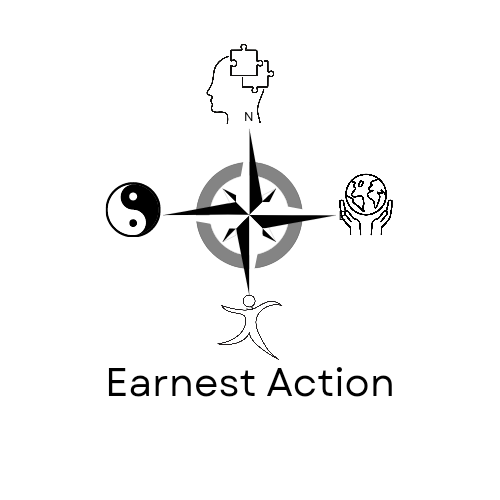After reading my last Blog, It’s About You, then likely you have chosen an area in your life that you want to improve. In case you have not, then you are not ready to make a new habit. Take your time. Making changes in your life is up to you. Reading this article will give you information to think about. Thinking about the reasons to change is important. Continue to explore what is right for you.
For those of you who know what health concerns you want to address and are looking for options to move forward, then this is good information for you. If you have tried to change and made those big New Year’s resolutions that have not panned out, then this article is for you also.
Here we go! Make It Small, Put it In Context, Make A Plan. Working with a Health Coach can really help you as you plan your experiments (Benefits of Working with a Health Coach).
Make It Small

In Atomic Habits by James Clear James tells us the story of British Cycling coach Dave Brailford’s effort to improve the cycling Team’s performance. He believed in the aggregation of marginal gains. The idea is that to make a large gain in performance like going from first to last in the world of cycling, then make many small improvements. This meant that the Team invested in many small experiments to see what worked to give them many small improvements. Five years in 2008 later the team was dominating the sport.
Small changes work well for weight control. “In one study, volunteers wanting to lose weight were randomized to a habit-based intervention, based on a brief leaflet listing 10 simple diet and activity behaviours and encouraging context-dependent repetition, or a no-treatment waiting list control. After 8 weeks, the intervention group had lost 2 kg compared with 0.4 kg in the control group. At 32 weeks, completers in the intervention group had lost an average of 3.8 kg.” Eight pounds of weight loss just for making a small change!`
Put The Habit in Context
When will you do the activity? Be specific about where and/or when the new activity will be done. Planning to eat a banana after lunch everyday is better than saying ,” I will eat three bananas this week”. I wanted to take vitamins everyday. To finally be successful I had to change when I took them from morning when I woke up to before I went to bed and finally to right after work. The important point to remember is I gave myself about 10 weeks before I decided to change. I was tracking my success and on review, decided on a new experiment.
Make a Plan
In making Health Habitual (ref. below), the author is informing doctors that helping their patients to form healthy habits by telling them how to plan for the change is effective. However, the Person must decide what the new habit will be. When you choose, then you are more likely to be committed to doing the hard work to make the habit automatic. Why is this important? Because studies have shown that we go through a learning phase that can last 2-3 months for the habit to become automatic. How do you know when you are there? When you do not do that activity, then you miss it – you do not feel right. The good news is that once you reach this point it is easy to pick back up. You will need a plan. Tracking your progress gives you data to use to decide whether the habit is sticking. Follow this link to the steps to take to form a habit with a downloadable tracker. You can also download my tracker on the downloads page.
As always, I would love to hear from you. What are your thoughts and ideas? What topics are you curious about?
References
Lally P, Chipperfield A, Wardle J. Healthy habits: Efficacy of simple advice on weight control based on a habit-formation model. Int J Obes. 2008;32(4):700–707. [PubMed] [Google Scholar]
Gardner, Benjamin et al. “Making health habitual: the psychology of ‘habit-formation’ and general practice.” The British Journal of General Practice : the journal of the Royal College of General Practitioners vol. 62,605 (2012): 664-6. doi:10.3399/bjgp12X659466, https://www.ncbi.nlm.nih.gov/pmc/articles/PMC3505409/
Clear, James. Atomic Habits. New York, NY, Penguin Random House, October 16, 2018.
[1] Lally P, Chipperfield A, Wardle J. Healthy habits: Efficacy of simple advice on weight control based on a habit-formation model. Int J Obes. 2008;32(4):700–707. [PubMed] [Google Scholar]
